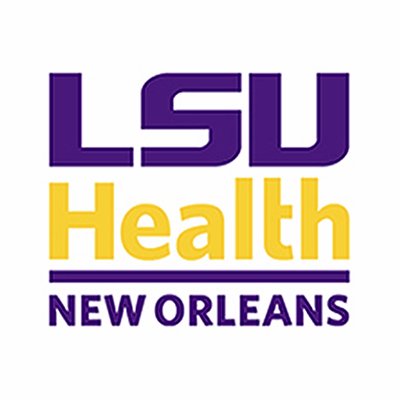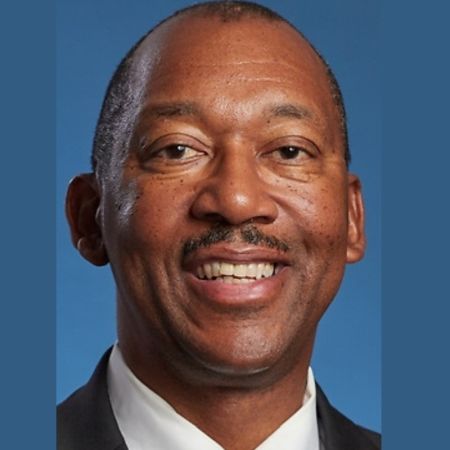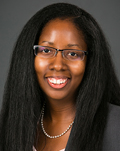As a part of ongoing discussions surrounding the rise of gun violence and the need for a cease fire, Dr. Kendra Outler, MD from MyUzima sat down with a panel of experts and physicians to discuss the psychological, physical, racial, and sociological implications the rise of gun violence has on individuals and communities, especially in the wake of the COVID-19 pandemic.
 This is the first of a two-part series. Panel members included Dr. Rahn Kennedy Bailey, MD, a forensic psychiatrist and Chairman of LSU Health Sciences Center in New Orleans Department of Psychiatry, Dr. Keneeshia Williams, MD, an Assistant Professor of Trauma Surgery/Surgical Critical Care and Director of Medical Student Education at Grady Hospital and Emory School of Medicine, and Ellis Dean, Director of Digital Programming and Production at BlackDoctor.org.
This is the first of a two-part series. Panel members included Dr. Rahn Kennedy Bailey, MD, a forensic psychiatrist and Chairman of LSU Health Sciences Center in New Orleans Department of Psychiatry, Dr. Keneeshia Williams, MD, an Assistant Professor of Trauma Surgery/Surgical Critical Care and Director of Medical Student Education at Grady Hospital and Emory School of Medicine, and Ellis Dean, Director of Digital Programming and Production at BlackDoctor.org.
 Dr Rahn BaileyGun violence is an important issue for Black communities across the nation;hence it is creating a burden on the nation as a whole. As Dr. Rahn Bailey points out, “There are 40 million [guns] in America; more guns than Americans. They’re high magazine capacity, like machine guns with rapid-fire capability.” And as Dr. Bailey points out, “None of the 50 states have laws to preclude access to buying those type [of] weapons.”
Dr Rahn BaileyGun violence is an important issue for Black communities across the nation;hence it is creating a burden on the nation as a whole. As Dr. Rahn Bailey points out, “There are 40 million [guns] in America; more guns than Americans. They’re high magazine capacity, like machine guns with rapid-fire capability.” And as Dr. Bailey points out, “None of the 50 states have laws to preclude access to buying those type [of] weapons.”
Due to the scope of gun violence, it has lasting affects not only on patients,  Dr Keneeshia Williamsbut many others, as Dr. Keeneshia Williams points out. “It affects the trauma patient who has been shot, it affects that patient’s family, it affects the first responders, it also affects the physicians and nurses—everyone that’s taken care of that patient. We try to do the best we can with everything that we can.” Unfortunately, as Dr. Bailey adds, this extends further than the care teams who work with impacted patients. “With children now being shot and killed, the whole community could be at a risk of PTSD.” For those who don’t know, “PTSD is the acronym for post-traumatic stress disorder. It is the most severe form of an effective or illness of depression or anxiety baseline problem. In order to get a PTSD diagnosis, one has to have had a life-threatening or near life-threatening type event.”
Dr Keneeshia Williamsbut many others, as Dr. Keeneshia Williams points out. “It affects the trauma patient who has been shot, it affects that patient’s family, it affects the first responders, it also affects the physicians and nurses—everyone that’s taken care of that patient. We try to do the best we can with everything that we can.” Unfortunately, as Dr. Bailey adds, this extends further than the care teams who work with impacted patients. “With children now being shot and killed, the whole community could be at a risk of PTSD.” For those who don’t know, “PTSD is the acronym for post-traumatic stress disorder. It is the most severe form of an effective or illness of depression or anxiety baseline problem. In order to get a PTSD diagnosis, one has to have had a life-threatening or near life-threatening type event.”
According to Ellis Dean, executive producer of Blackdoctor.org a possible contribution to the rise of gun violence is social media. “There was a time where I worked in the Atlanta Public School System; and I worked with teenagers. What I noticed is that social media plays a role in the escalation of violence. What’s happening is the kids were recording the fight, and at the end they were putting the fight on YouTube. And so now you—that person that lost that fight—had to face the shame of losing the fight, but then also had to face the multiple times of people watching it, putting comments on it, being ridiculed over and over and over again,because now it’s public, it’s on WordStar, and everybody shared it on their phone. So now there is the ‘I gotta get revenge’, I’ve got to escalate, to get my respect back, to get my name back, my whatever. And so the psychology of shame leads to escalation and to more lethal forms of violence in order to get the name back.”
Unfortunately, as Dr. Kendra Outler explains, these maladaptive behaviors lead to the rise of mass shootings, especially in our communities. “I want you to understand that we’re up 13% in mass shootings. Now mass shootings are defined as when four or more people are shot. That does not mean when one person is shot in your community that it’s less painful. But we’ve been dealing with mass shootings. The question to be addressed is that are mass shootings separate from community violence? Because we are seeing the fact that some of these shootings make the news, but by and far, Black communities have mass shootings all the time.”
To learn more about the rise of gun violence, how it affects communities, and how the COVID-19 pandemic has affected mass shootings, listen to the full panel interview.